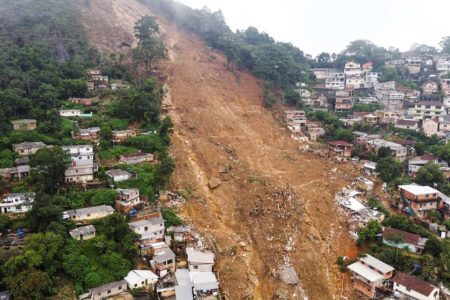Widespread insurgent violence in recent weeks in Mozambique’s Nampula Province has displaced more than 50,000 people, according to the latest report from the UN Office for the Coordination of Humanitarian Affairs (OCHA), citing figures from the International Organization for Migration (IOM).
A total of 50,236 people have been displaced from Memba as of 20 November, most of them children (33,111) and adult women (9,283). The majority of those fleeing the coastal district in northern Nampula headed west to Erati, local NGOs and authorities confirming their arrival at several administrative posts across the district. Most had previously been displaced by attacks in October.
Since returning to the area on 10 November, insurgents have carried out near-daily assaults on local communities across Memba. Often hitting multiple communities the same day, the attacks have resulted in the burning of homes, looting of private and commercial properties, and destruction of schools, health facilities and churches.
The IOM reports the wave of attacks have resulted in at least five civilian deaths, a figure confirmed by government authorities on Wednesday, and the abduction of three children. Nampula Governor Eduardo Mariamo Abdula warned that the number of dead could rise as information comes in from areas that are still inaccessible.
[See more: Displaced persons surpass 57,000 amid terrorist attacks in northern Mozambique]
OCHA highlighted that fear of further attacks and ongoing insecurity “continue to trigger new movements” in the area. Recent sightings of insurgents along the Erati-Memba corridor, as well as an attack on Tuesday, “have heightened community fear and may drive additional arrivals into Erati.”
Far from voluntary displacement, Abdula said, “what we are witnessing is forced expulsion. Families are being pushed out of their homes, their farms, their living spaces.” The governor reiterated calls for urgent humanitarian aid, asking for the mobilisation of the whole society. “We need to be united. The severity of this crisis requires total solidarity – from the private sector, civil society, religious institutions, and every citizen,” he told media.
As of Saturday, a solidarity campaign launched by the governor had brought in 30 tons of food supplies to meet the immediate needs of displaced families. Those who have fled face difficult conditions, hosted in overcrowded or makeshift structures, or living in the open, exposed to the elements without food or basic sanitation.
Such circumstances will likely exacerbate an ongoing cholera outbreak in Nampula, which has recorded 292 cases since September. The fast-approaching rainy season and lingering damage from cyclones earlier this year only add to the insecurity facing displaced people.






